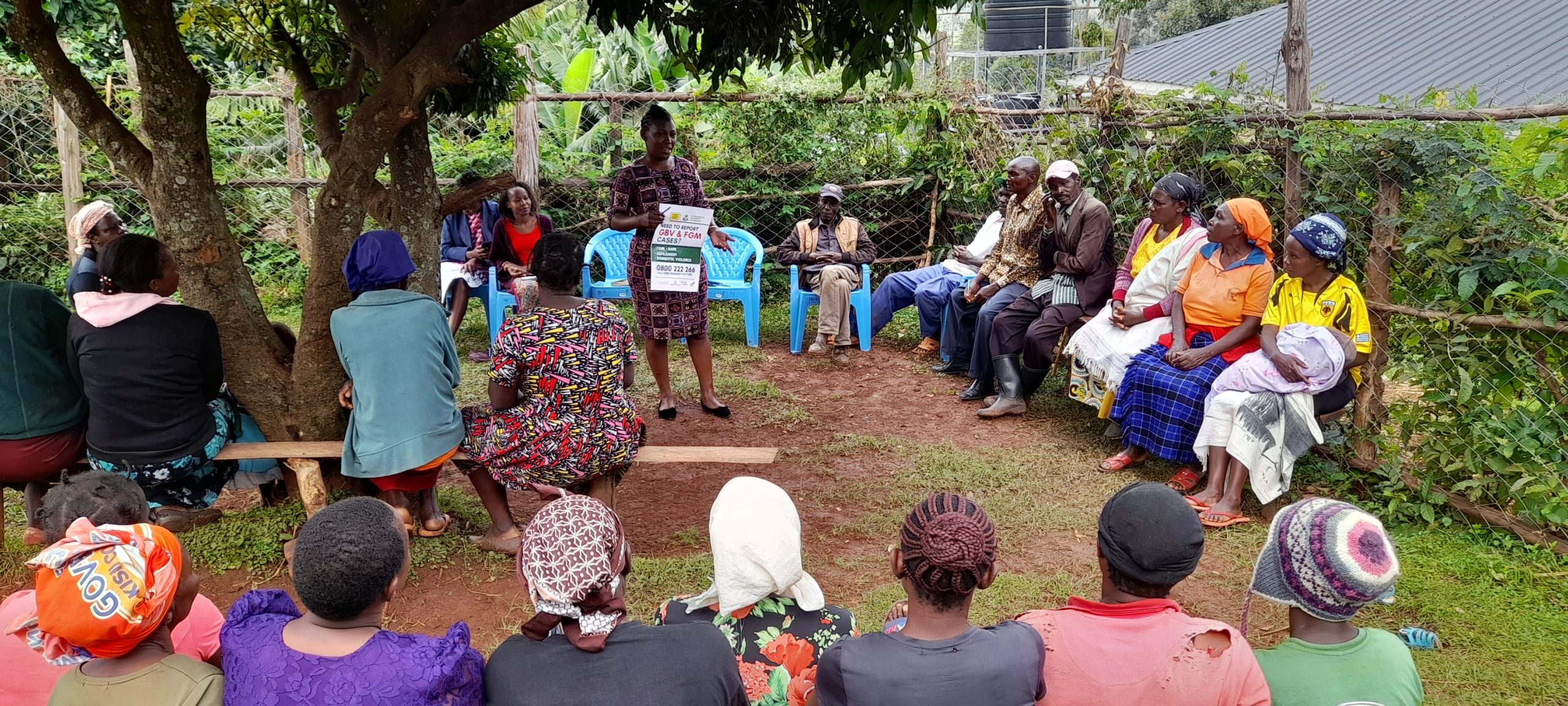Design Challenge:
How might we boost SGBV and FGM reporting for women and girls who have been victims of abuse in Kisii and Nyamira Counties in a timely way, while retaining anonymity, gaining speedy access to justice, and feeling safe in their communities?
Introduction:
SGBV and FGM violations are prominent in Nyamira and Kisii Counties in Kenya and many of them go unreported due to lack of trusted and efficient reporting mechanism. The experiment aimed at exploring why communities are reluctant in reporting cases of SGBV and FGM, barriers in reporting the cases as well as outline the challenges encountered by the duty bearers in escalating the reported cases to prosecution levels. The community shared ways on how they feel safe to report SGBV and FGM/C cases while the duty bearers shared ways on how they would like to be supported to ensure that cases reported to them are actioned on to the end giving survivors and their families closure.
Results:
Experiment demonstrated an increase in use of localized toll-free line by communities to report cases due to increased trust and confidence. During the experiment, 164 calls were made through the toll-free line, including by children, a clear indication of trust by the community in the number, enhanced responsiveness in cases redress by duty bearers/stakeholders, and caller anonymity. Within the experiment period, 12 of these reported cases were at different levels of prosecution within the justice system. An example is a case involving a four year old girl who had been defiled. The child was expeditiously rescued and put in a safe centre as prosecution continued.
Scaling:
Scale plans includes; integration of learnings in future project activity plans; lobby for institutionalizing the multi-sectoral approach as a Private Public Partnership; and expand the geographical scope among others.
